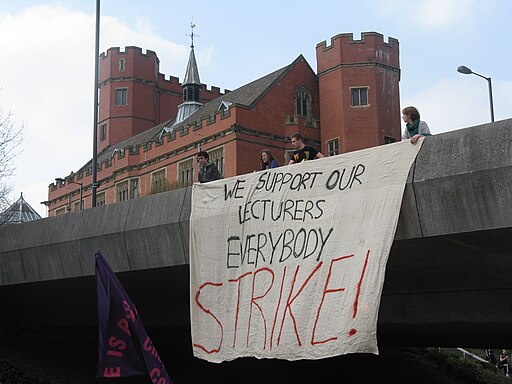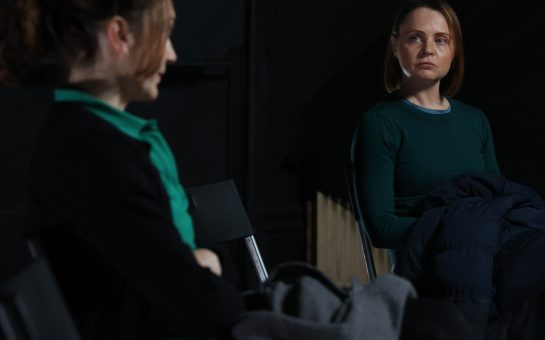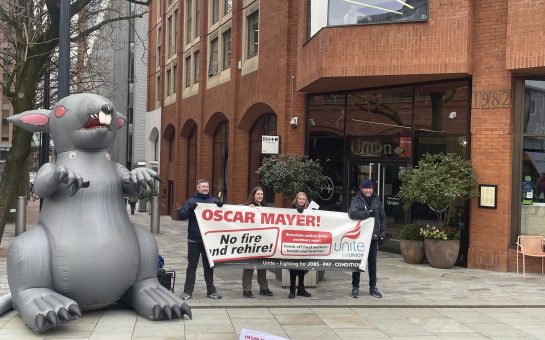A University professor has lifted the lid on the “untenable” workloads and the mental health struggles affecting academic staff which was a driving force behind the strikes.
The University and College Union’s (UCU) industrial action has plagued higher education for years.
But when union members voted on a marking and assessment boycott in April, this caused major disruption to students across the UK.
Lost amid this chaos are the lecturers and academic staff who have fought hard in support of better pay, better working conditions and equality.
English Professor Helen Smith, from the University of York, supports the industrial action as she has experienced first-hand some of the main issues that the UCU seek to be addressed.
She said: “Workloads are untenable, and are having a huge impact on staff mental health.
“It is shocking that gender and pay gaps remain enormous in academia, and that the sector is relying more and more on short, fixed-term contracts and casual workers.”
Members chose to boycott as a last stand even after the retaliation of their employers to withhold 100% of pay at 30 universities with an additional 43 universities making pay deductions of between 50% and 80%.
Still, academic staff rallied behind each other and stood strong against the Universities and Colleges Employers Association (UCEA).
Although the boycott in the eyes of the union was a last roll of the dice to bring about change, the impact it has had on students is immeasurably, in some cases life changing.
Alex Mohan Morzeria-Davis, a masters’ student from the University of Edinburgh, is one of the thousands affected – leaving them without a degree classification, losing out on a job opportunity and knowing friends that had to leave the UK because of graduate visa cancellations.

In total 28% of students at Edinburgh are set to graduate without a degree classification and will most likely receive their university marks in early 2024 if the dispute ends now.
Yet, during their graduation, Alex gave a rousing speech in support of lecturers and the industrial action.
“The anger you see from the student body is emblematic of the fact that lecturers’ working conditions are our learning conditions. As we see their working conditions continue to suffer and people leave academia for good – that is when we suffer”, they said.
But who is at fault for the stalemate in negotiations?
Universities’ decision to implement pay deductions and to mitigate damages to students as much as possible instead of negotiating with union members, seems to have only worsened relations.
A pro vice chancellor for education who wished to remain anonymous said: “Many universities have put in measures to ensure as many final year students can graduate as possible whilst maintaining academic standards such as arranging subject experts to mark student work.”
According to Professor Helen Smith, this is where the problem lies.
She said: “If universities had put a tenth of the effort they have put into punishing their employees into resolving the dispute, we could be done by now, and all our students could have graduated with all their marks in hand.”
Mancunian Matters reached out to the UCEA for comment and were referred to a press release in which they claimed all students at 67% of UK HE institutions were able to graduate this year but acknowledged this was “little comfort to the students who continue to bear the repercussions”.
Upon reflection the boycott was effective, as positive talks between the UCEA and UCU have reopened – meaning an end to the dispute could be close.
But at what cost?
As academics strive for a more sustainable higher education system, it has left a cohort of students out in the cold, leaving university with the one thing they came for… a degree.
Feature image by Dave Pickersgill, licensed under the Creative CommonsAttribution-Share Alike 2.0 Generic license.




